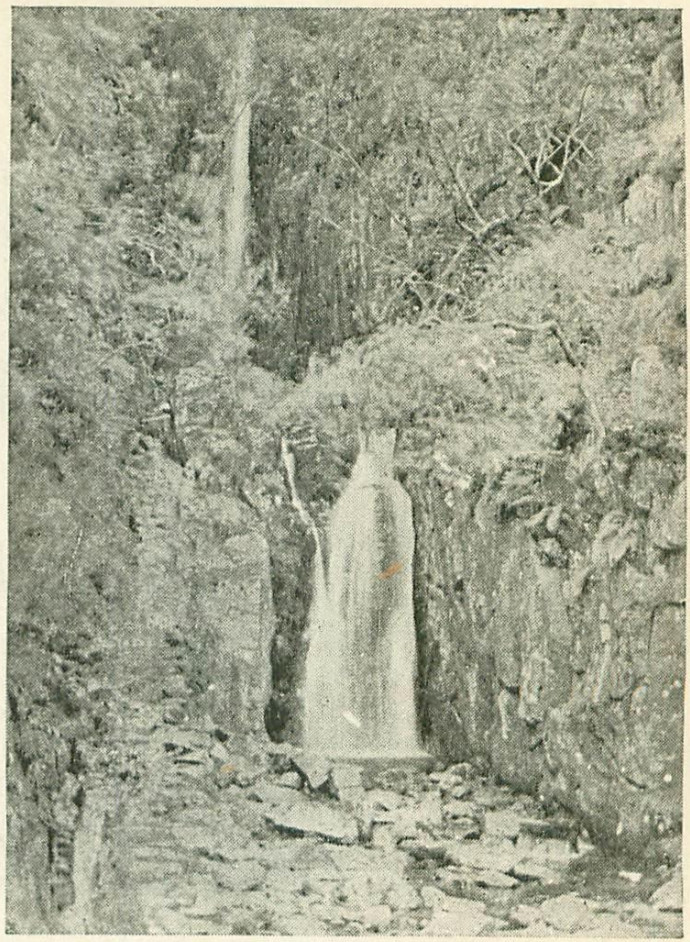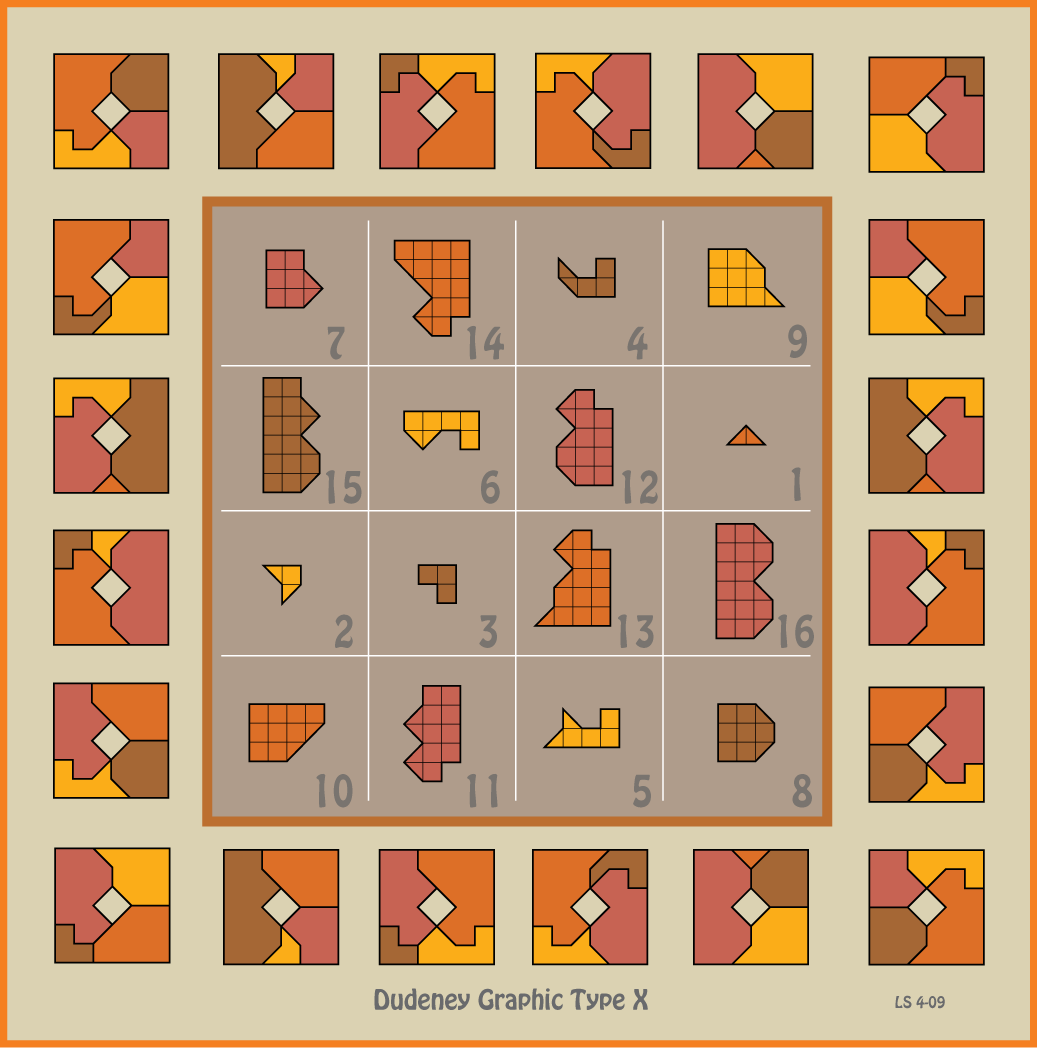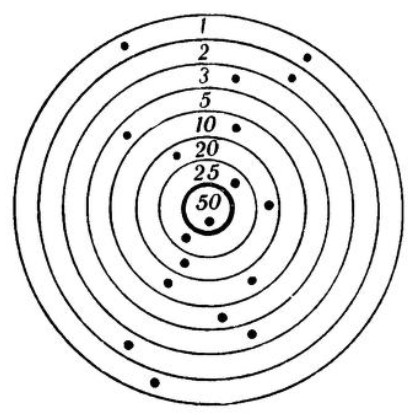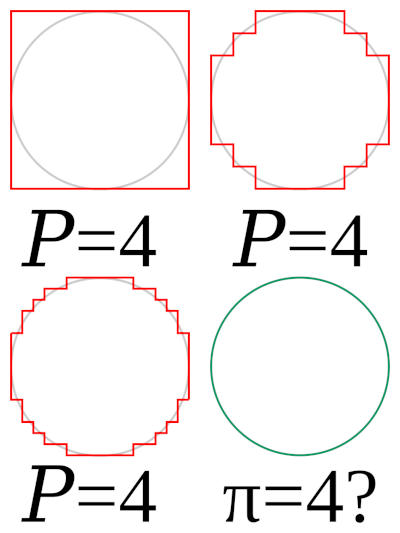In 1907, historian Reginald Hine, photographer Thomas Latchmore, and artist F.L. Griggs took a camera to Hertfordshire’s Minsden Chapel hoping to photograph the ghost of a murdered monk whose spirit was said to haunt the place. Hine published this photo in his 1929 History of Hitchin, pointing out “the cowled apparition whose form can faintly be discerned” in the image:
In 1930 Latchmore admitted that the image had been a hoax, created with a double exposure; the ghostly figure may be Hine himself.
While we’re at it: In 1963 by the Rev. Kenneth Lord took this photo in the Church of Christ the Consoler on the grounds of Newby Hall in North Yorkshire:
Ostensibly the figure is another ghostly monk, this one wearing a shroud over its face. If it’s not a double exposure then the figure stands as much as 9 feet tall; make your own judgment.
And a reader sent this image in to the Strand in July 1897:

Taken at Scale Force, the Lake District’s highest waterfall, “It is a perfect representation of a stately, long-bearded old man, clothed in a flowing robe, with a crown and sceptre. … The form is perfect natural. I did not notice it until after the photo was developed.”
Interestingly, as recently as 2006 the old man was still there:

Whatever he’s looking for, he hasn’t found it yet.








